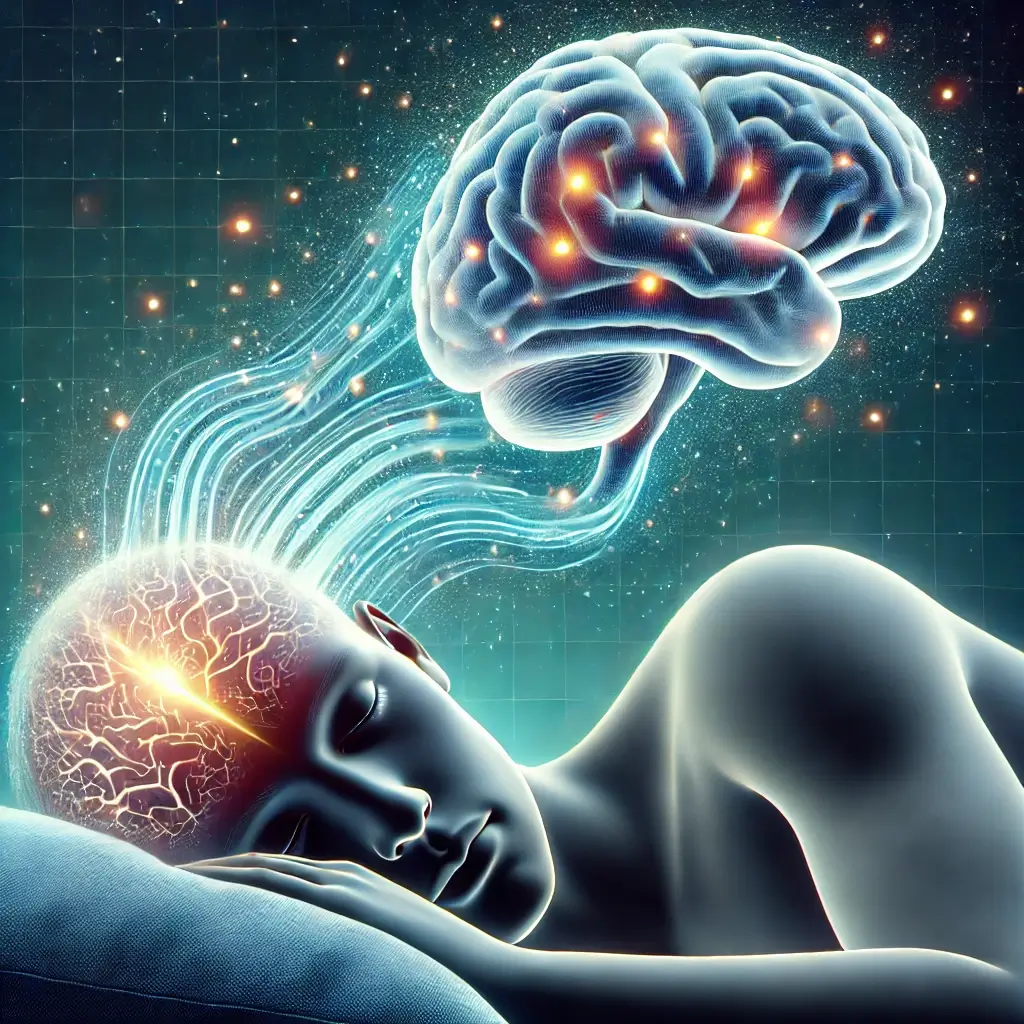How Serious an Effect Can a Lack of Sleep Have On One’s Digestive Health?
Sleep deprivation may hurt the health of our gastrointestinal tract. A certain amount of sleep is required for several different physiological functions, including digesting. A rise in cortisol, a hormone that plays a role in the body’s response to stress, is one of the physiological effects that a lack of sleep can trigger.
When cortisol levels remain up for an extended period, the risk of developing dysbiosis, defined as an imbalance in the composition of the gut microbiota, increases.
The imbalance of bacteria in the gut is referred to as dysbiosis. Beneficial bacteria play an essential role in the processes of digestion and nutrient absorption while also keeping potentially hazardous bacteria under control in a healthy gut. These bacteria make up the microbiome of a healthy gut, which is richly diverse and balanced.
This imbalance can be traced back to an overgrowth of pathogenic bacteria.
When there is an imbalance in the proportion of beneficial to harmful bacteria, a condition known as dysbiosis can develop. This imbalance can be traced back to an overgrowth of pathogenic bacteria.
Several different things, including an inadequate intake of nutrients, emotional stress, the consumption of antibiotics, and certain medical diseases, can cause the condition known as dysbiosis.
A dietary pattern defined by a high consumption of processed foods and sugary goods might make it easier for hazardous bacteria to proliferate, and this pattern should be avoided at all costs.
In addition, stress can have a detrimental impact on the gut-brain axis, making the disease known as dysbiosis even worse. Data suggests a correlation between the use of antibiotics and the depletion of beneficial gut bacteria, which can lead to a condition known as dysbiosis.
There is a wide range of severity in the symptoms linked with dysbiosis.
Antibiotics help treat bacterial illnesses; however, there is evidence suggesting that there is also a correlation between the use of antibiotics and the depletion of healthy gut bacteria.
There is a wide range of severity in the symptoms linked with dysbiosis. These symptoms include mild manifestations such as gastrointestinal disturbances such as bloating, gas, and diarrhea, as well as more severe illnesses such as inflammatory bowel disease (IBD) and irritable bowel syndrome (IBS).
Several severe health problems have been related to dysbiosis, including obesity, autoimmune diseases, and mental health troubles.
The management of dysbiosis requires, in the vast majority of cases, reestablishing a beneficial bacterial composition within the gastrointestinal system. This is done to treat the condition. It has been demonstrated that making changes to one’s diet that incorporate probiotics and prebiotics may help ease the issue that was previously described.
Dysbiosis can result in adverse effects such as decreased nutrient absorption.
In addition, increasing the consumption of fiber while simultaneously decreasing the consumption of processed food products may also result in the production of favorable benefits. In severe illnesses, treating antibiotics or performing a fecal microbiota transplant (FMT) may be judged as required. Both of these procedures are abbreviated as FMT.
Lastly, dysbiosis is a pathological condition impacting an individual’s health and well-being. By understanding the causes, symptoms, and treatment options available for dysbiosis, individuals can improve their health and restore the natural balance of the microbiota in their guts. This allows them to take control of their health and well-being.
Dysbiosis can result in adverse effects such as decreased nutrient absorption, as well as food allergies and intolerances in susceptible individuals.
It has been discovered that not getting enough sleep might have adverse effects on gut health that extend beyond the disease known as dysbiosis. These effects cover a wide variety of unfavorable outcomes in their scope.
Uncomfortable feeling of having an elevated amount of fullness and distension in the abdomen region is referred to as the phenomenon of bloating.
The term “constipation” refers to a condition in which a person has bowel motions that are infrequent or difficult, most of the time both.
Symptoms of gastrointestinal distress include frequent bowel motions that are loose or watery; this condition is often known as diarrhea.
The uncomfortable feeling of having an elevated amount of fullness and distension in the abdomen region is referred to as the phenomenon of bloating.
Gas is the subject of this conversation.
It has been discovered that getting enough sleep has a role in the digestive system’s ability to perform at its best. It is recommended that most adults get between seven and eight hours of sleep each night. This is the average amount of time that most people need.
The average adult needs anything from six to ten hours of sleep per night, but studies have shown that people function at their best when they get seven to eight hours of sleep each night.
A certain amount of sleep is necessary for the upkeep of both one’s physical and mental well-being, which is why it’s so important to get enough of it. The significance of sleep extends to several different facets, including the promotion of physical recovery, the storage of recently acquired knowledge, and the upkeep of mental stability.













